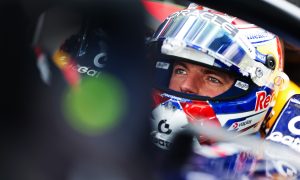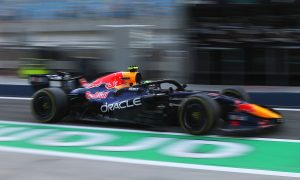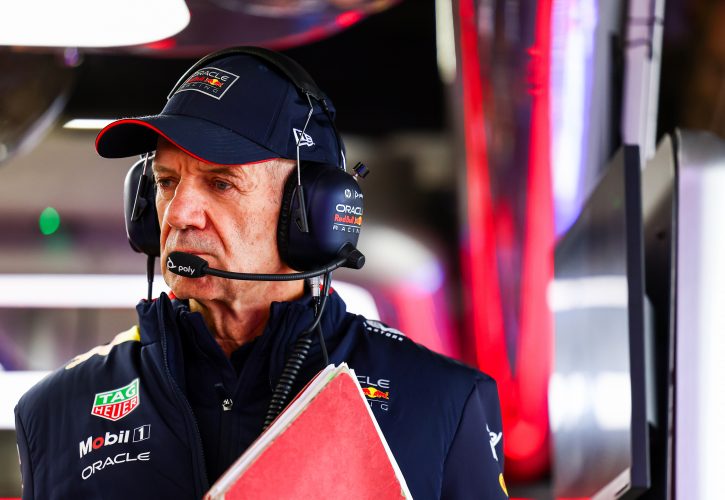
Formula 1's cost cap, introduced in 2021 to promote financial sustainability and closer competition, is producing an unintended consequence for teams according to Red Bull's chief technical officer, Adrian Newey.
While the cost cap has achieved its goal of controlling spiraling team budgets, Newey fears it’s having a negative long-term impact on the sport's engineering talent pool.
Grand Prix teams have operated under budget cap regulations since the start of the 2021 season. The measure implemented by F1 leaders to curb the escalating spending that jeopardized the sport's future sustainability.
Despite the difficulty faced by high-spending teams in adhering to the limit - such as Red Bull's infamous breach in 2021 - there's widespread agreement among the sport’s competitors that constraining financial costs has significantly helped level the playing field in F1.
However, the introduction in 2022 of ground effects aerodynamics into F1’s regulations saw Red Bull pick up the baton from Mercedes as the sport's dominant team.
Since 2022 the Milton Keynes-based outfit has won 41 of the 48 races held to date under the sport’s new technical rules. The team’s success is a testament to the talent and ingenuity of its engineering and design department overseen by Newey.
However, the Briton has expressed his concerns over an unforeseen consequence of F1’s budget cap on Grand Prix racing’s ^pool of engineering talent.
"I think the hidden danger of the cost cap, which none of us probably really thought about when it first came in, is that Formula 1 used to be the best paid engineering discipline in the world," Newey said in an interview with Dutch website RacingNews365.
"Therefore, we would be able to hire and attract from universities, the brightest young graduates, and now with the cost cap, with the amount of inflation and the cost cap not rising with inflation, that is no longer the case.”
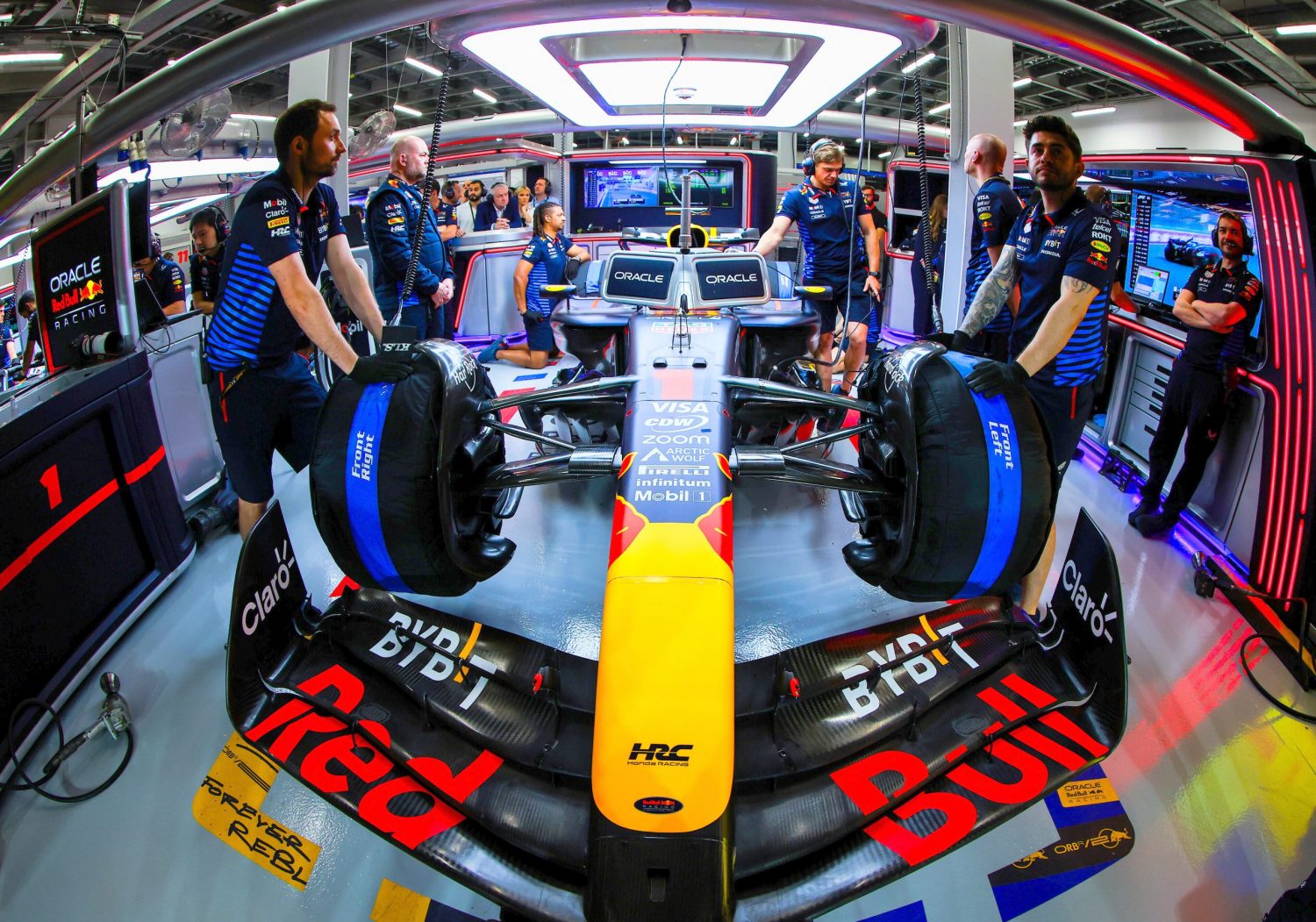
Furthermore, Newey says that F1 teams are now facing competition from other industries, particularly start-up tech companies, which are offering lucrative salaries to engineering graduates.
This has weakened F1’s position as a top destination for engineering graduates.
Moreover, existing F1 staff members are also being lured away by tech companies offering higher pay, further exacerbating the talent drain within the sport.
"At the same time, it is a double-edged sword as we also have start-up tech companies offering very high salaries and so now when we go to the universities, trying to attract graduates, we're no longer the best,” added Newey.
"Equally with our existing staff, we are losing people to tech companies and that is a real problem because it makes it difficult for us, as an industry, and not just our team, to attract the best engineers in the world.
"We are then trying to attract them on the basis of passion rather than purely because of the best salaries."
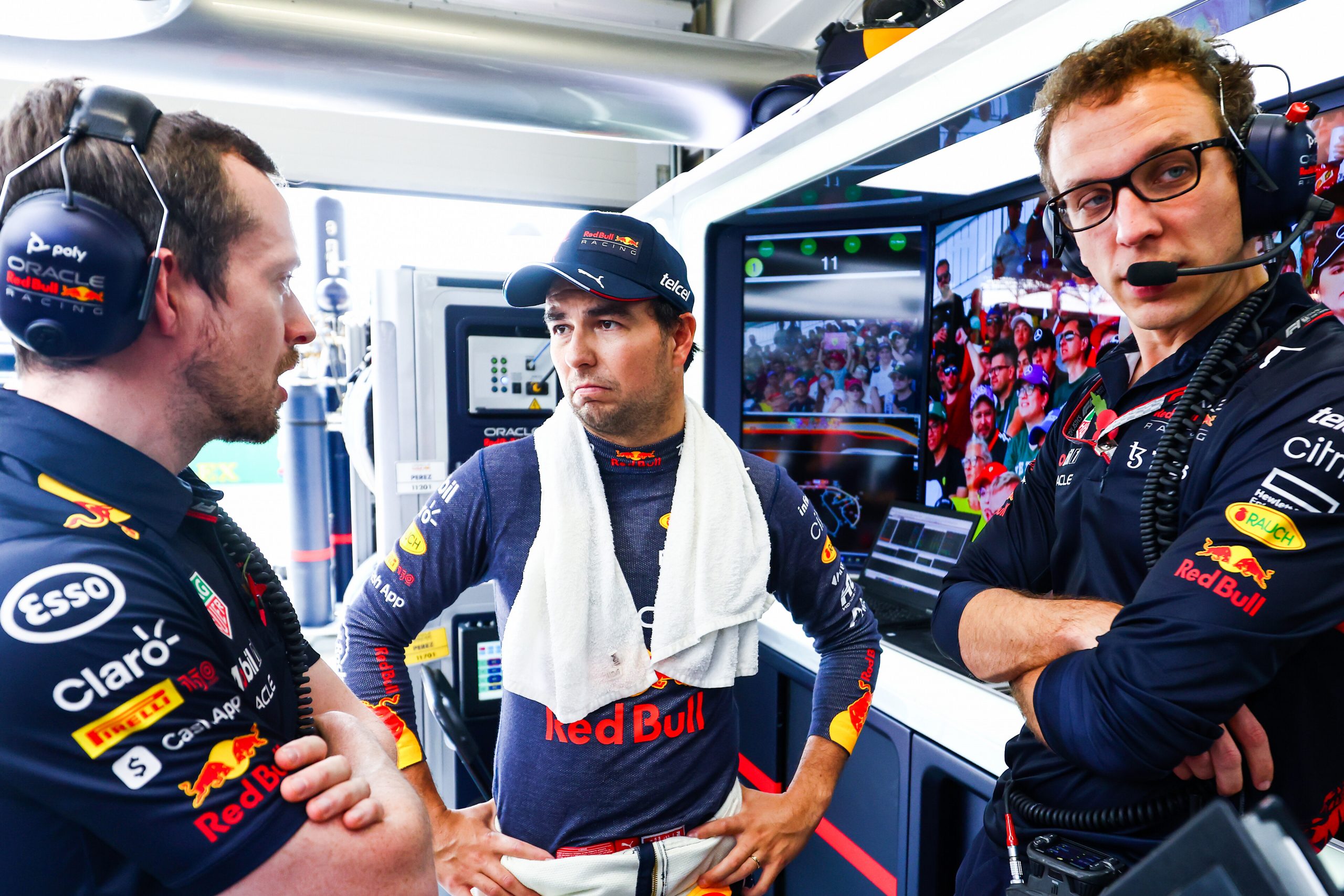
Newey’s remarks suggest a shift that could potentially impact the quality of engineering expertise within the sport and pose long-term challenges for its competitiveness and innovation.
This raises a critical question for Formula 1: can the cost cap be maintained while fostering an environment that attracts and retains top engineering talent?
Finding the right balance between financial sustainability and a strong talent pool will be crucial for the sport's continued innovation and technological development.
Keep up to date with all the F1 news via Facebook and Twitter




